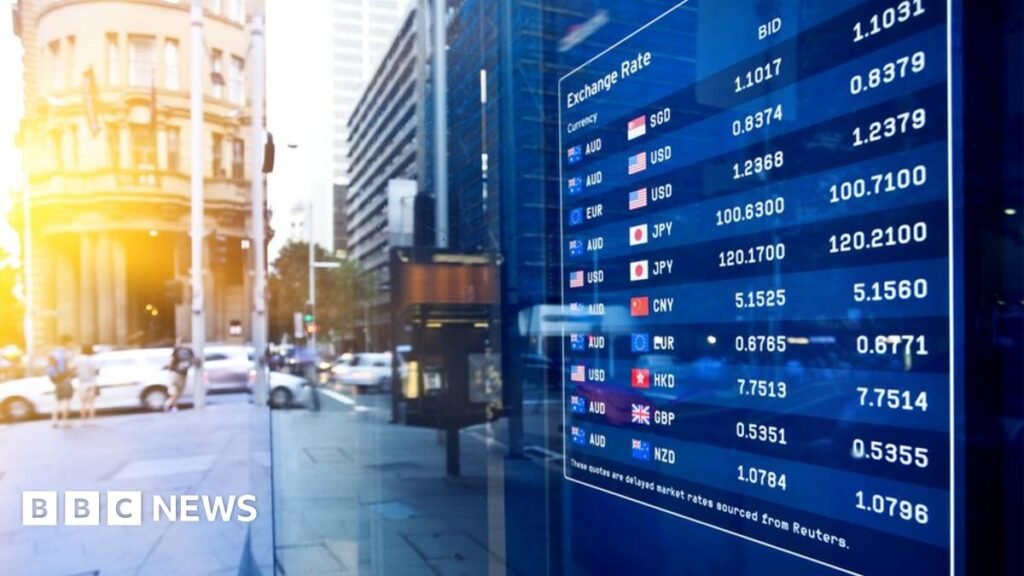In recent years, traders have been looking at politics, rather than economic data, which means faster trading, and a faster pace of change in the price. That’s the volatility traders talk about.
“If you think abut political uncertainty being bad, the worst outcome is a hard Brexit,” says Ms Foley, because details of what will happen under those circumstances are so scarce.
“If that’s the worst case scenario, it [the pound] will rally if hard Brexit seems unlikely.”
Similarly, talk of putting Brexit on hold has boosted the pound, as it gives businesses more room to plan, she says.
A softer Brexit could be good news for savers, according to CIBC’s head of foreign exchange strategy, Jeremy Stretch.
Currency experts think that a softer Brexit could provide a boost to the economy by providing confidence and certainty to companies and consumers who in turn may decide to spend more or take on more staff.
That increased economic activity could prompt the Bank of England to raise interest rates, boosting returns for savers.
“We could see an interest rate hike come the May meeting of the Bank of England, although it may be the case that they wait until August,” according to Mr Stretch.
“Moving towards a softer Brexit would help to alleviate the uncertainty that was impacting the economy in the latter stages of 2018.”







